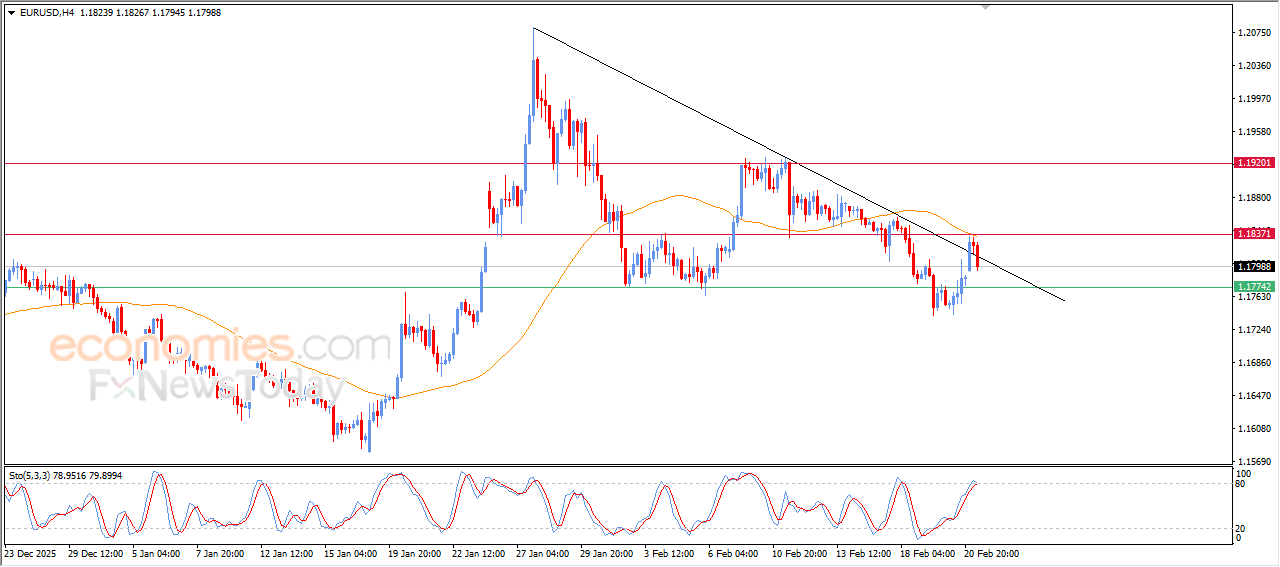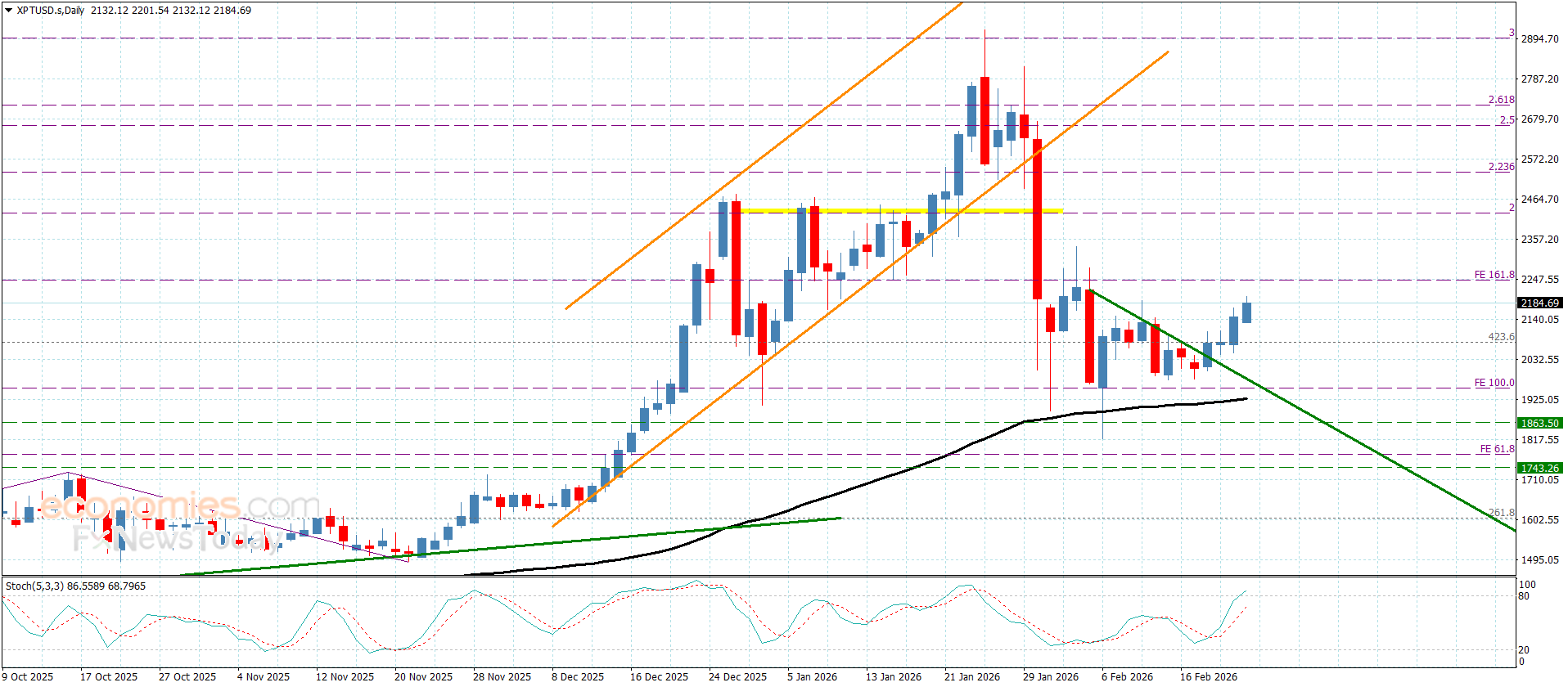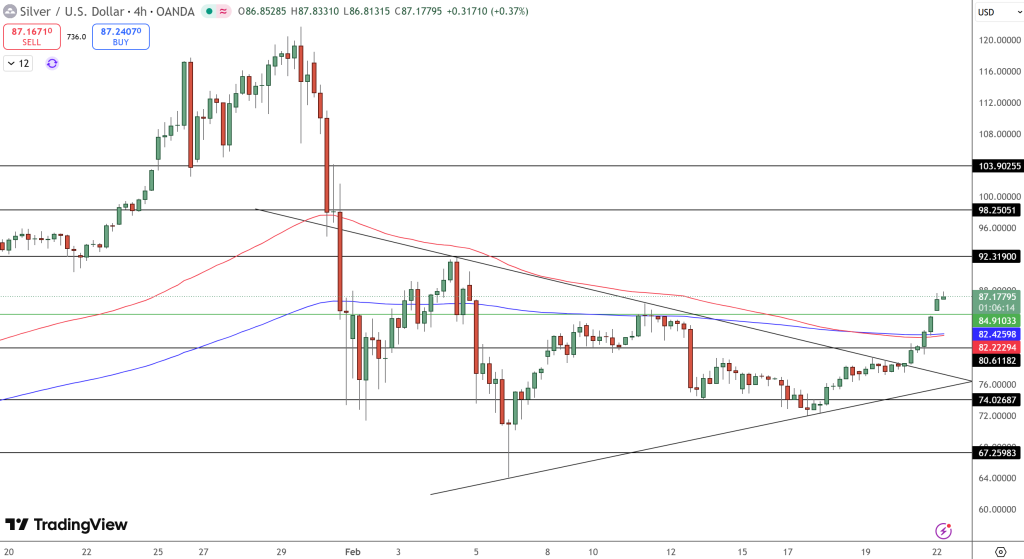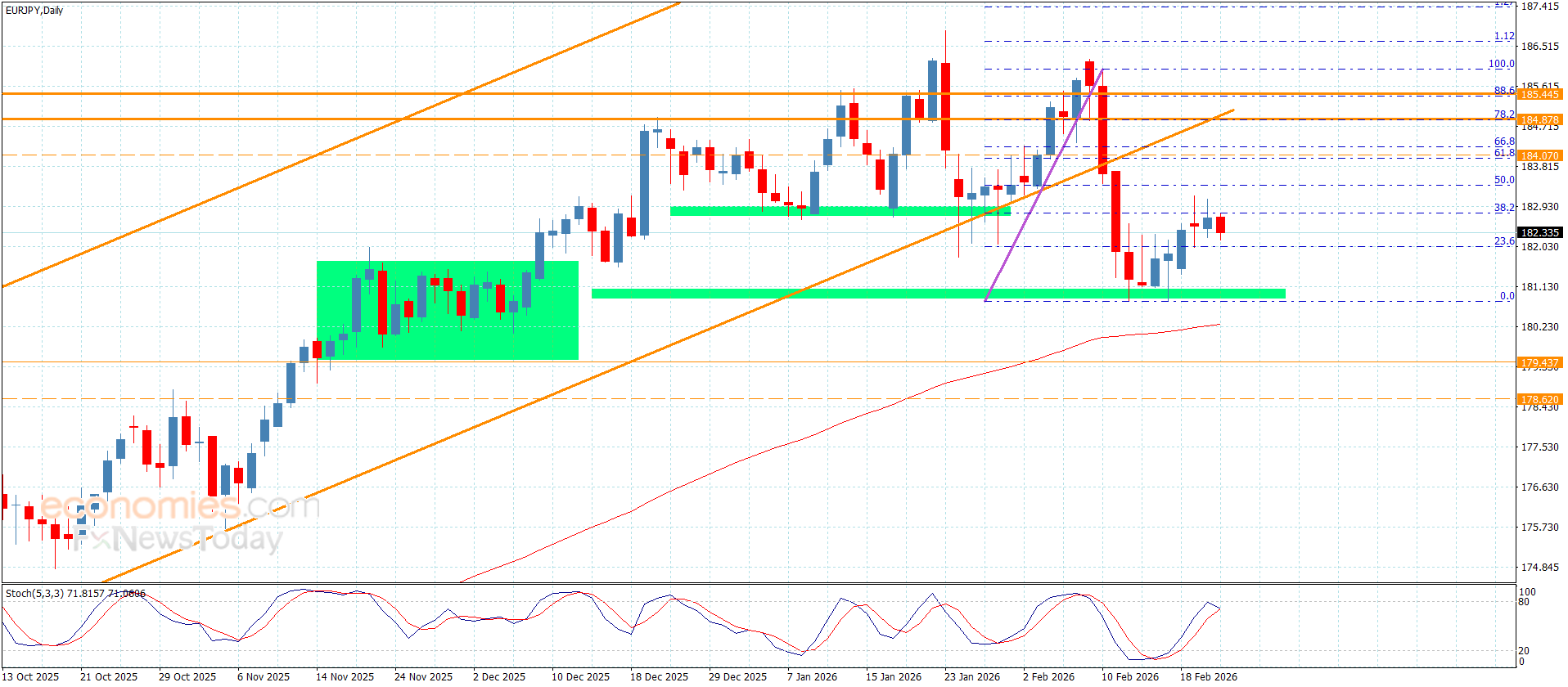Category: Forex News, News
The Oil Price Shock No One Saw Coming
Less than two weeks ago, the U.S. was discussing a new nuclear deal with Iran, the International Energy Agency was forecasting an oil market oversupply, and commodity analysts were reiterating their expectations of an average Brent price around $60. Now, Brent is heading towards $80.
And it may be just the beginning.
Oil prices rose after Israel started bombing Iran, which was little surprise, and then they stopped rising as traders saw there was no direct threat of supply disruption. The wild card this time turned out to be President Trump. In a matter of days, Trump first imposed new sanctions on Iran, which made most market players think he’d stick with non-violent methods of dealmaking. Then, on Saturday, the United States bombed Iran’s nuclear facilities—and Iran said it’s shutting the Strait of Hormuz.
Interestingly, the early reactions from Middle Eastern stock markets were rather optimistic, at least according to a Reuters report that came out Sunday. The report said trader behavior suggested most expected a “benign outcome” of the bombing campaign. The report also quoted traders as saying they expected a selloff today and a run on safe haven assets such as the U.S. dollar.
Also on Sunday, Iran’s Press TV reported that the country’s parliament had approved the move to close the Strait of Hormuz in retaliation for the U.S. attack on the nuclear sites—for which the Interntional Atomic Energy Agency had said did not feature weapons-grade uranium but U.S. intelligence has disputed this.
The threat of Iran closing off the chokepoint that handles a third of global maritime oil trade, amounting to over 20 million barrels daily, has been there forever. Until now, however, Iran had never moved to actually close it, which highlights the special nature of this latest Middle Eastern war. The final decision is not hard to predict. And this means that Brent at $80 is only the beginning.
Goldman Sachs already threw its latest oil price forecast out the window, now expecting Brent at $110 per barrel in case of a Hormuz shutdown, noting this scenario could materialize if oil flows via the strait were halved for a month. ING, for its part, wrote that “an effective blocking of the Hormuz would lead to a dramatic shift in the outlook for oil, pushing the market into deep deficit”—again, days after all forecasts appeared in agreement that the market for crude oil is oversupplied, including ING’s own outlook.
It appears, then, that the oil market’s balance is a fragile thing. It can so easily be tipped into a deficit—even with the U.S. Fifth Fleet stationed in Bahrain, and ready to respond to any move by Iran to close off the Strait of Hormuz, as already pointed out by commentators such as Reuters’ Ron Bousso. There have been disruptions to the flow of oil via the Strait of Hormuz before, but they have never lasted long, Bousso pointed out, adding that war-driven oil price rallies never last long.
Of course, this would depend on one’s interpretation of “long”. In 2022, oil soared for months, which, at least in Europe, did not really feel like a very short time. And this time, there is also LNG to consider. Most of Qatar’s LNG flows pass via the Strait of Hormuz. If Iran mines the chokepoint, LNG prices will surge as well—whether for weeks or months, but they will surge. This is very bad news for countries that need to refill their wintertime reserve—which is most of them.
Some point out OPEC’s spare capacity as a guarantee for market stability. The problem with that spare capacity is that, as ING pointed out in its Sunday note, most of it is in the Persian Gulf, which makes it unusable in case of fighting in the area, which is what is going to happen if Iran shuts off the Strait of Hormuz and the U.S. Fifth Fleet responds. This, in turn, means that prices may rise and stay high for a while yet. This is inconvenient for the U.S., as suggested by reports that Secretary of State Marco Rubio had approached China to try and “dissuade” Iran from shutting off Hormuz, noting Iran itself was heavily dependent on oil exports via that chokepoint.
However, Iran has been loading tankers like there’s no tomorrow in the past week or so. Iran, in other words, has been preparing for a certain eventuality involving a disruption to oil exports. Granted, it won’t be able to keep going for very long without oil exports, but, as all those commentators say, a Hormuz blockade would not last very long—unless it somehow does, because right now, all bets seem to be off when it comes to the Middle East. There is only one thing that is certain: the oil market is not oversupplied, and Brent is not going to average $60 this year.
By Irina Slav for Oilprice.com
More Top Reads From Oilprice.com
Written by : Editorial team of BIPNs
Main team of content of bipns.com. Any type of content should be approved by us.
Share this article:









